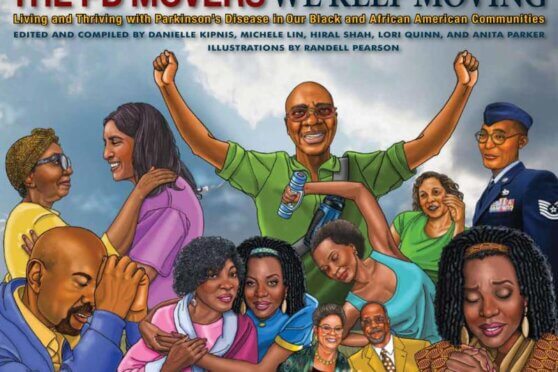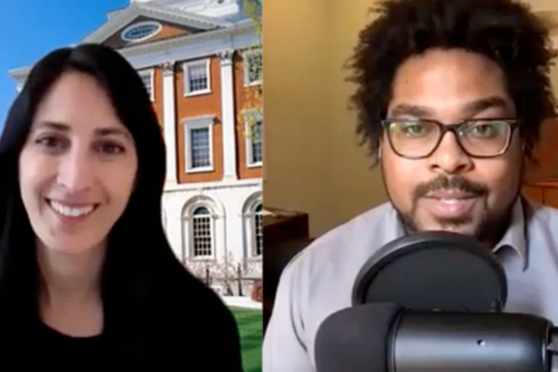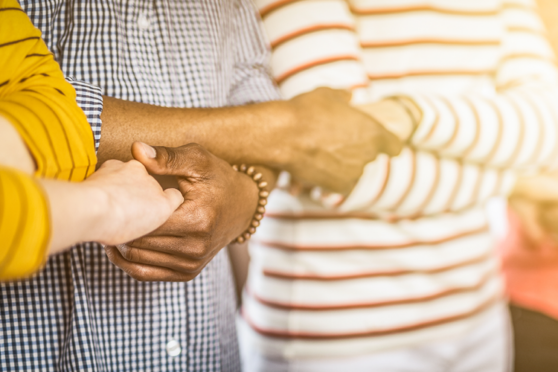We created our Health Disparities and Parkinson’s Webinar Series to help our community understand the deeply rooted inequities in healthcare that people of color, black, brown, indigenous, LGBTQ+, immigrant, and refugee communities experience.
The Davis Phinney Foundation’s Commitment to Health Equity
For the Davis Phinney Foundation, achieving health equity would mean ensuring all people have the opportunity to live well with Parkinson’s, from a swift and accurate diagnosis to connection with culturally relevant and accessible community resources and through to long-term care.
We know that delayed and/or diminished diagnosis, care, and action often lead to expedited progression of Parkinson’s and more severe symptoms. And we also know that these delays disproportionately affect a wide cross-section of our society, including women, LGBTQ+ people, BIPOC, non-English speaking or ESL communities, people in rural communities, and people at lower socioeconomic levels. This issue is pervasive and complex.
The barriers for any given individual are complex, unique, and specific to their intersectional identity and where they live. As such, our approach to this work is multifaceted, community-led, and focused on education and connection.
Want to learn more about this work? Contact Jenna Deidel, Director of Community Engagement, at jdeidel@dpf.org.
Upcoming Webinars
Webinar Recordings
Contact us to learn more about this work










